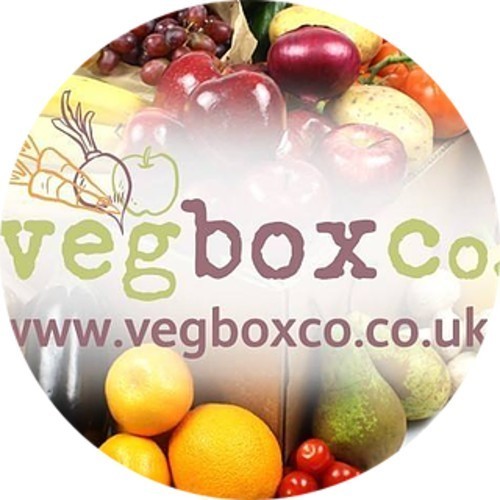
Case Study
Threshfield Catering Supplies primarily traded in wholesale fruit, veg, dairy products and a delicatessen range with their customer base consisting of restaurants, hotels, schools and nursing homes prior to the pandemic.
They did attempt to break into online retail sales to the public prior to the pandemic some 12 months ago, creating the VegBoxCo. Unfortunately, VegBoxCo received negligible sales before the pandemic.
Once the pandemic hit and people were forced into lockdown sales started to flood in for VegBoxCo. The ability to sell online to retail customers saved the business from collapse following the loss of trade from schools, restaurants and hotels forced to close during the lockdown.
Business is now doing well and the online sales have provided a much needed cashflow boost enabling them to continue trading. They have created a presence on Facebook and are now working to implement an improved digital marketing strategy to help sustain their online presence after the end of lockdown.
VegBoxCo delivers to Leeds, Bradford, Harrogate, Halifax, Huddersfield and the surrounding areas. They have also opened a shop in their warehouse for retail customers.
“After lockdown and turning grey overnight we were faced with approximately 15% of the business, consisting of Nursing homes and hospitals, compared with pre-lockdown.
We then found we had many orders on a virtually dormant website for online vegboxes that we had attempted to market 12 months earlier, without success. We then advertised on Facebook that the warehouse was open to the public and you can ring the office for an order. With long hours and a lot of hard work our average turnover to present has been back up to approximately 60% of pre-lockdown figures. We have been constantly developing the warehouse and our online website and hope that we will be different and better and of course, more profitable business going forward.”
Mick Buck, Threshfield Catering